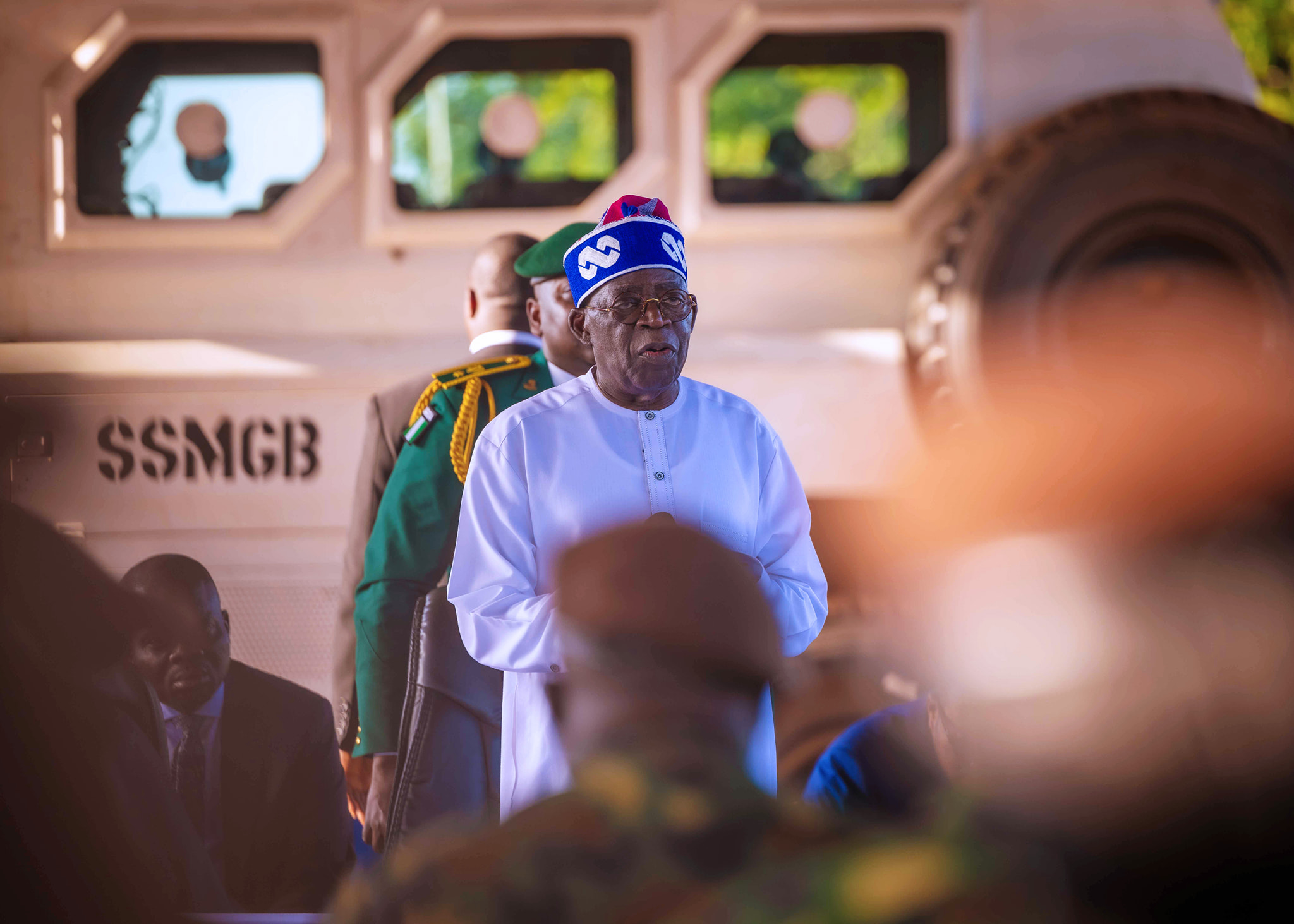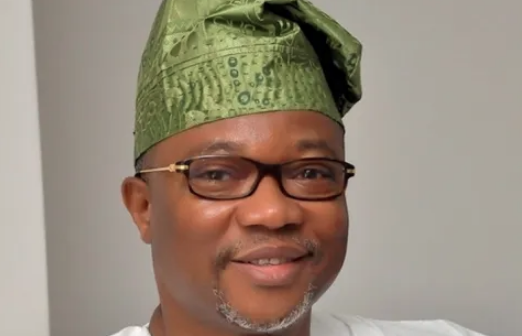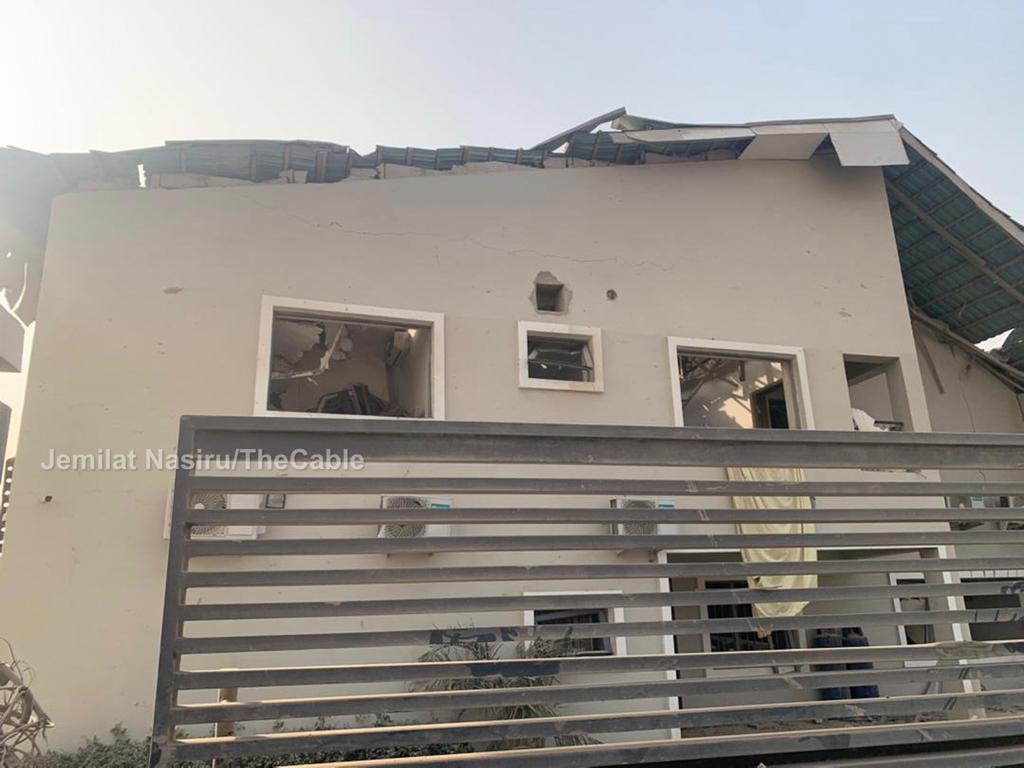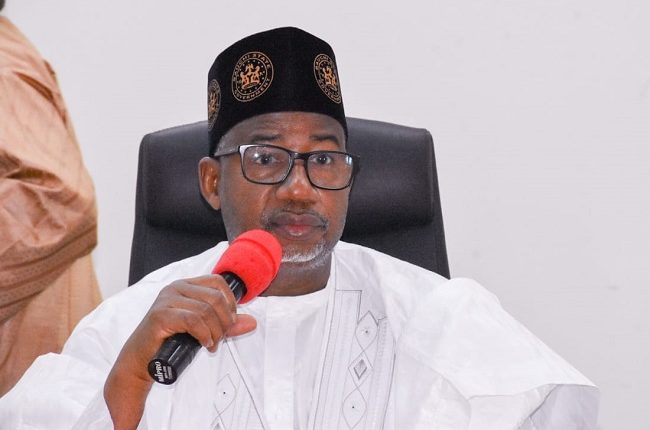What should be a normal business dispute between two mobile operators, MTN and Globacom, has provided a fertile ground for pseudo patriots and even ignoramus to spew all kinds of comments that can further poison relationships in the industry. For most of these people, and you will marvel that some of them actually fall into the elite category, Glo is a Nigerian operator and must be protected by all means irrespective of the cause of the dispute.
I am not so persuaded by their position. In a business relationships things can boil over. It is the responsibility of the concerned parties to sort themselves and resume their relationship or call it quits forever. In telecoms, it is much easier to pick a needle from the bottom of the ocean than to crash relationships. And that is why the regulator is there to do a job. A damn good regulator knows what to do per time because it bears the responsibility to protect the integrity of the industry as well as ensure that services are seamlessly good.
Which is the reason I will give some credit to the regulator, the Nigerian Communications Commission (NCC) for externalising the dispute between the two operators which ordinarily should be enjoying some ignoble comfort under the carpet. I will call what they did regulatory agility in getting the operators to address their differences and ensure responsible practices in the telecom ecosystem.
In announcing the Pre-Disconnection Notice, the regulator in a statement signed by the Public Affairs Director, Reuben Muoka, said: “The Nigerian Communications Commission hereby notifies the public and subscribers of Globacom Limited (Globacom) that approval has been granted for the partial disconnection of Globacom from MTN Nigeria Communications PIc. (MTN), due to non-settlement of interconnect charges.”
Advertisement
Basing its action on the provisions of Section 100 of the Nigerian Communications Act, 2003 and Paragraph 9 of the Guidelines on Procedure for Granting Approval to
Disconnect, NCC explained that it came to the decision after Glo refused to comment on the complaints by MTN.
Section 100 of NCA 2003 states: Notwithstanding the terms of any interconnection, a party thereto shall not at any time and in any circumstance disconnect or discontinue interconnection to any interconnectng party without the prior written approval of the Commission.
Advertisement
Telecommunications operators in the country maintain a complex relationship with each other through interconnection which process is superintended by the regulator through strict Regulations and Guidelines to ensure that operators respect each other on the platforms of technology and even the business end while providing very robust services. Under the NCC Guidelines no operator is allowed to deny another operator interconnection in order to guarantee interoperability in service provisioning. Every dispute must be reported to the regulator and that’s what MTN did.
In taking a regulatory decision, NCC has said that at the expiration of 10 (ten) days from the date of this notice (January 8, 2024), subscribers of Globacom will no longer be able to make calls to MTN, but will be able to RECEIVE CALLS. The partial disconnection also allows inbound calls to Globacom network from MTN.
For those with knowledge of the industry, this is not a light punishment. With 91.9million subscribers to Glo’s 60.3million, according to the January 2024 subscription data released by the regulator, MTN enjoys a notable dominant role in the nation’s telecommunications industry and this is duly recognised by NCC which has put some bind on MTN.
This puts Glo in no good position at all. It means that calls from MTN can actually overwhelm the Glo network within this period while its subscribers can only carry out on-net activities within the period, should the service provider fail to act. Frustrated subscribers may be forced to migrate to other networks. I don’t expect Glo to aspire to that point of desolation.
Advertisement
But what really happened? There is something called Termination Rate which is the amount an operator pays to generate a call and land it or terminate it in another network. In Nigeria it stands at about N3.90 only. It means that for each call a Glo subscriber makes to MTN, Glo pays MTN N3.90, and vice versa. This is called Termination Rate based on interconnection. The reconciliation is usually done by the end of the month, and with tech support at the backend, this is not a difficult thing at all.
This writer gathered that Globacom allowed payment to pile up over a time to the extent that it became a concern to MTN and even the regulator which had to resort to regulatory arm-wrestling as a last resort.
I am happy to announce that the partial disconnection may never happen as Globacom has paid a hefty amount to MTN, over a Billion Naira. Globacom has complied substantially but there remains some lingering issues of VAT and interest on the money. One would expect that such issues can be resolved by the two organisations without a third party intervention.
Here is my understanding of the matter. The relationship between MTN and Globacom is purely business and there is no criminality or shame in anybody owing in business. Especially in businesses as complicated as communications, where there are so many interconnections and handovers, there will always be the need for teams from parties in dispute to sit and resolve knotty payment issues. There was therefore no need for Globacom to release a statement saying they were not owing anybody; it was totally superfluous. After all, it has nothing to prove after two decades in getting into business which the promoters knew nothing about but has become a leader in some respects.
Advertisement
Having already stated that it was good for NCC to externalise the dispute in order to resolve what seemed an unnecessary situation, the question may then arise, was the NCC publication the most expedient thing to do? I don’t have the answer because I am not a regulator. But my little response will be that there is a debtor in the industry which the NCC, more than anybody, knows. What is being done to make this particular debtor operator return to the part of sanity and contribute meaningfully to the growth of the industry?
I clearly agree that the NCC must take some actions to protect the industry. Without some hard decisions some faceless but very strategic service providers like the Interconnect Houses who bicycle calls for major operators may not have a future in the industry. Really, they and other service providers as well, need to be protected.
Advertisement
It is my suggestion that as far as regulation can permit, the regulator should put in place some lithe governance principles that can help monitor the health of the operators in the industry and also smoothen relationships between operators before they grow into festered concerns.
Eddie Amana, the man who never got angry
It took a brief phone call last week for my friend to announce the departure of Edward Idris Amana, the Chairman of the DigiTeam. The call didn’t do me well and it made my environment hot immediately as I stood reflecting momentarily on the mystery of life and the way good men go.
Advertisement
I have known Eddie since 1993 when he joined the National Broadcasting Commission (NBC) from the NTA as Deputy Director in the Engineering Department. All that time, never once did I chance on him being angry or upset. He always carried a smile which the death of his wife over 20 years ago could not diminish. I was told by close friends that he carried the pain of that loss daily but buried it in such equanimity that told a different story.
He grew the Engineering Department of the NBC and mentored a line of laudable engineers who would do the country well locally and internationally.
Advertisement
On retiring from the NBC, Eddie returned to the NTA as the Executive Director, Engineering. He was a broadcast engineer without limits and enjoyed deserved respect within the International Telecommunications Union (ITU),Commonwealth Broadcasting Association (CBA) and at the international section of the National Association of Broadcasters (NAB).
Eddie was made the Chairman of the DigiTeam under the President Goodluck Jonathan administration, a body that was charged with the Digital Switchover (DSO) programme – the migration from analogue to digital broadcasting. He worked tirelessly to achieve results but politics was a major impediment. Other nations sought his knowledge but, at home, politicians and appointees of government, undermined his capacity to give the nation a fully digitised broadcast system.
Eddie managed the situation still with a smile. And now he is gone with his knowledge forever. BON says his death “has robbed the country of the encyclopaedia of broadcast digital migration.”
His family has a reason to celebrate the passing of a good man and may his memory remain a blessing.
Views expressed by contributors are strictly personal and not of TheCable.
Add a comment







